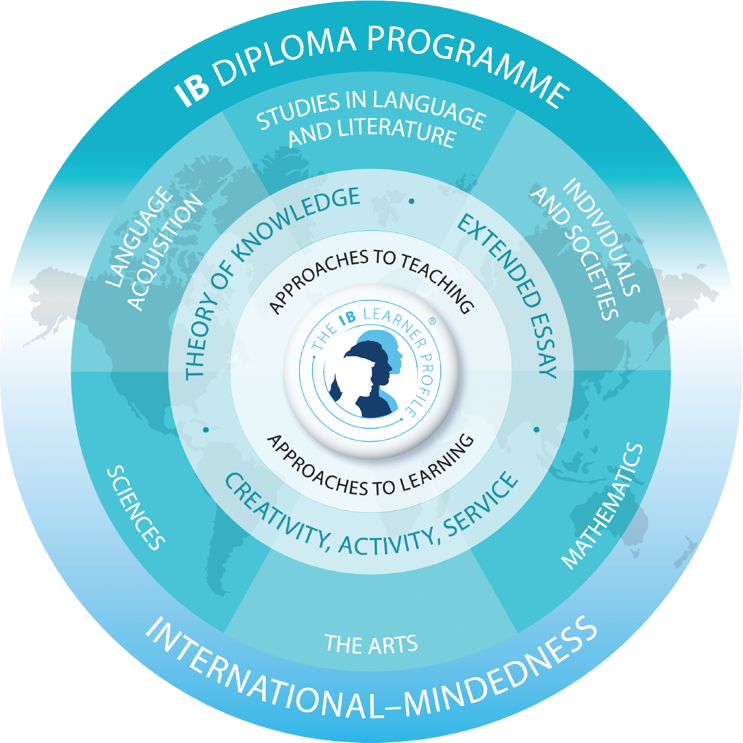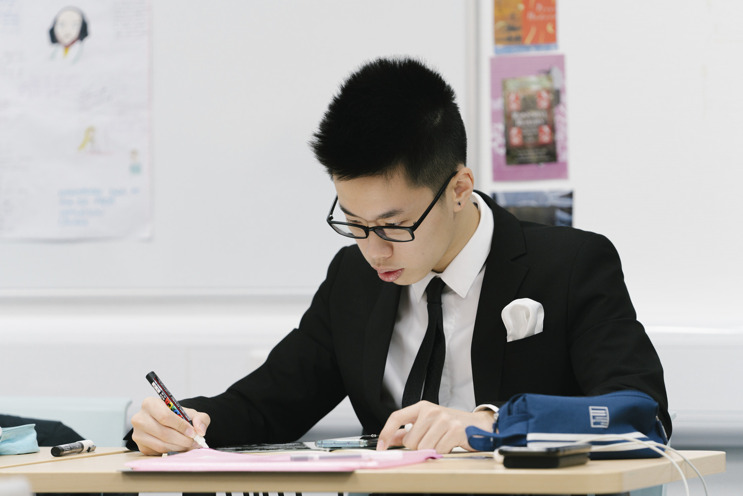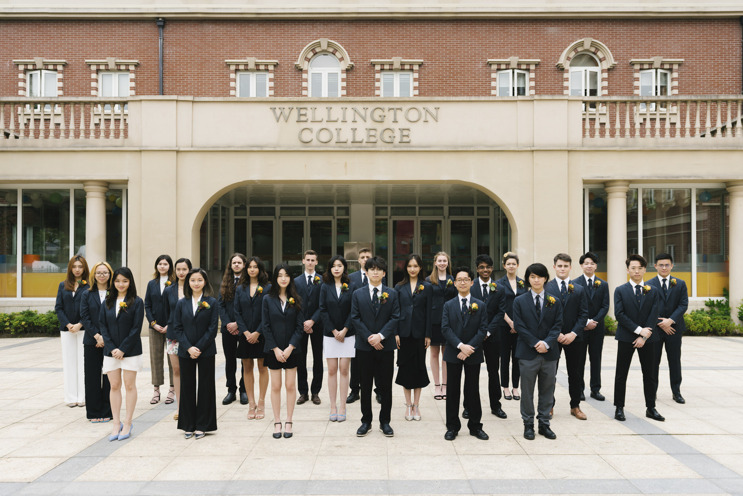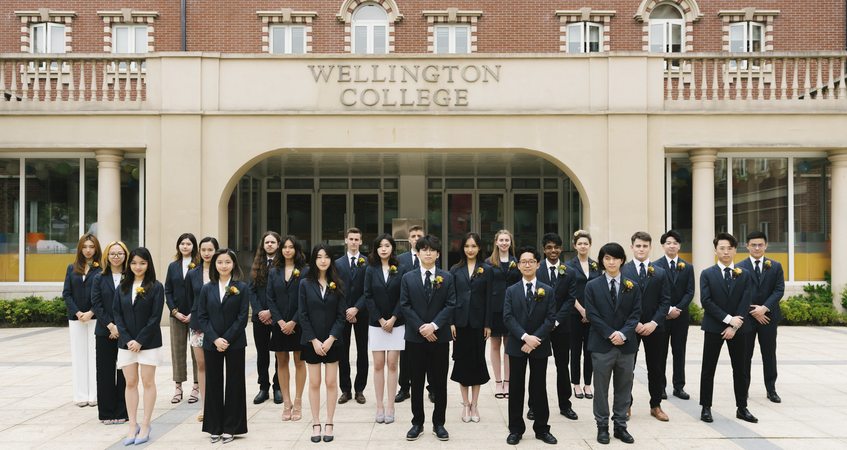The International Baccalaureate Diploma Programme (IBDP) is one of the most prestigious pre-college or pre-university qualifications that a pupil can achieve. It is a highly challenging course that gives pupils the chance to fully explore their potential paths ahead in their academic career as well as their own capabilities as a learner and thinker.
While most pupils entering sixth form (and their parents) will have heard of the IBDP, not everyone knows exactly what that means or why it’s important.

The Basics – What is the IBDP all about?
Pupils taking the traditional A-level qualifications will typically study three subjects in depth. The IBDP consists of six subject groups and the DP core curriculum, comprising theory of knowledge (TOK), creativity, activity, service (CAS) and the extended essay (EE).
This wider range of subjects is designed to let pupils take a broader exploration of learning without specialising too too early in their education. Ideally, this approach enables them to not only enjoy a more holistic education and guides them to a university and career path that is right for them.

The Benefits – What does the IBDP offer pupils who take it?
I get asked this question by parents and pupils alike. Why study six subjects plus the DP core if you already know what subjects you are good at from the GCSE/IGCSE years, right? Why not focus on just three subjects which are most likely to result in the best grades?
This approach, however, assumes that the pupil already knows what they are ‘good at’. Wellington’s guiding principle is that a holistic education is the best path to prepare our pupils. By studying more subjects, pupils are truly able to discover where their talents and interests lie.
Together with the DP core, we believe that this approach sets young people up to be very capable and versatile thinkers. The IBDP achieves this by emphasising independent learning and being proactive and resilient. In our incrasingly fast-paced world, these are abilities that our pupils need now more than ever.

The Challenge – Isn’t IB incredibly hard?
The IB has a reputation for being challenging. That’s because it is challenging. Balancing the need to explore six different subjects and produce work of a consistently high standard, alongside the demands of CAS, TOK and EE is not easy.
However, IB's challenging nature is a big part of its inherent value. The course demands a lot of its pupils. It pushes them, focuses them and, crucially, it opens up new horizons for them. So, while the course work may seem daunting, the rewards are significant.

The Response – What does the ideal IB pupil look like?
The ideal IB pupil should be all of the following things:
A diligent time manager – Every pupil must be organised and capable of making the best use of their time, with appropriate support, of course, from the College, their teachers and tutors.
An effective communicator – Asking for help when necessary is not a weakness, it’s a strength. Pupils must be open about their performance and their experiences with the course. It is also important that they proactively engage with their teachers, especially if they encounter difficulties.
A hard worker – The level of work involved in the IBDP is always manageable with the right approach, but coasting is not an option. Pupils need to be strategic about keeping on top of their workload while looking ahead to key deadlines for internal assessments, essays and other major pieces of work that contribute to their final grade.

The Result – What does life after the IBDP look like?
We can’t fully guarantee where a pupil will end up after they complete the IBDP, but I am confident that it will help them discover where they truly want to be and give them the best possible chance to get there.
More importantly, our sixth formers completing the IBDP leave school confident knowing that they have fought for the options they deserve and made the choice that is right for them. During my time at Wellington, I’ve had the privilege of seeing many pupils mature in a very short space of time, making honest, self-aware decisions about what paths that inspire them. Similarly, I have seen pupils go on to study at universities that, at the beginning of the programme, felt completely out of their reach. This is what happens when hard work, willpower and the right amount of ambition collide.
With the right support, the IBDP gives pupils the tools they need to succeed on their chosen higher education path and later in life. More importantly, it improves their ability to tackle new challenges and to cope with pressure and failures. They have grit and resilience, the ability to understand their own inherent strengths and weaknesses and, vitally, to know what they want and how to go after it.
Does your child exemplify academic excellence? If so, they may be eligible for a Wellington College International Shanghai Academic Scholarship. Every year, Wellington awards exceptional applicants up to 50% of annual tuition fees and up to 100% if they are entering year 12. To find out more information about what makes a good Wellington Scholar, please contact the admissions team by email at admissions.shanghai@wellingtoncollege.cn, by telephone at 021 5185 3885 or by connecting on WeChat: wcisadmissions.
 Ewan McCallum, Head of Senior School, Wellington College International Shanghai
Ewan McCallum, Head of Senior School, Wellington College International Shanghai


